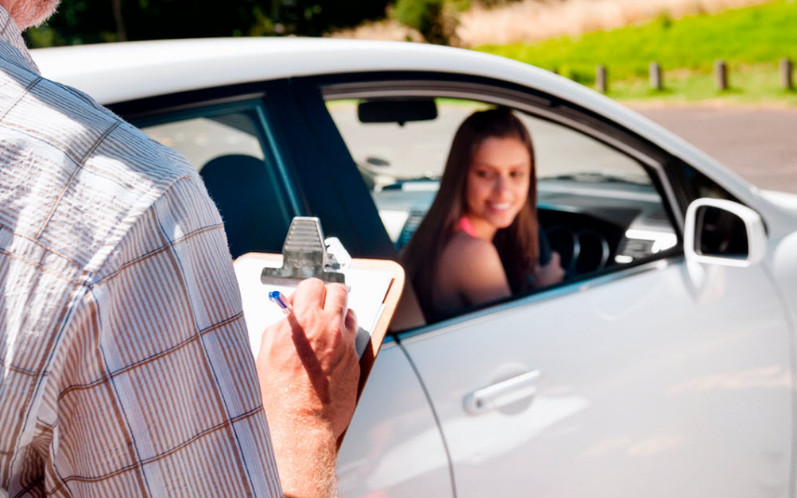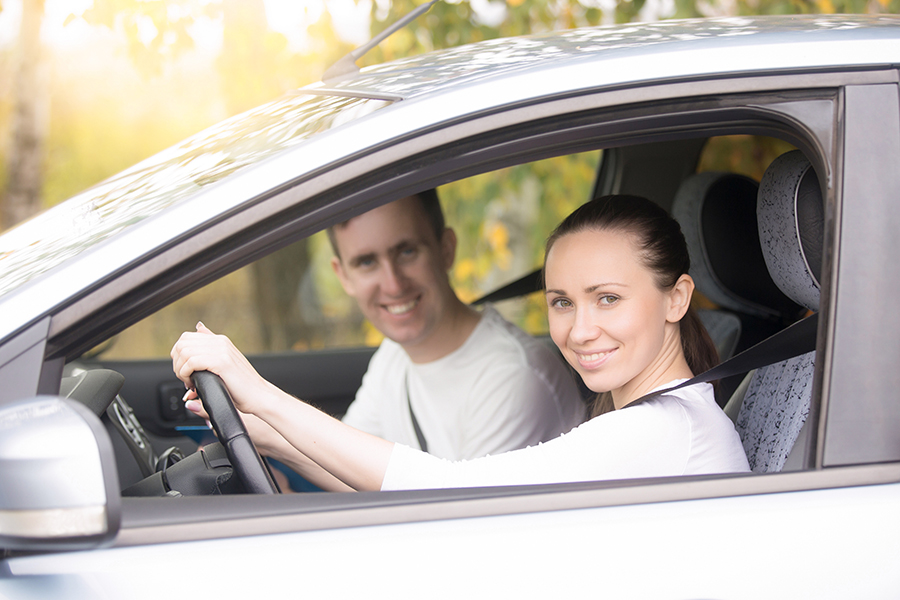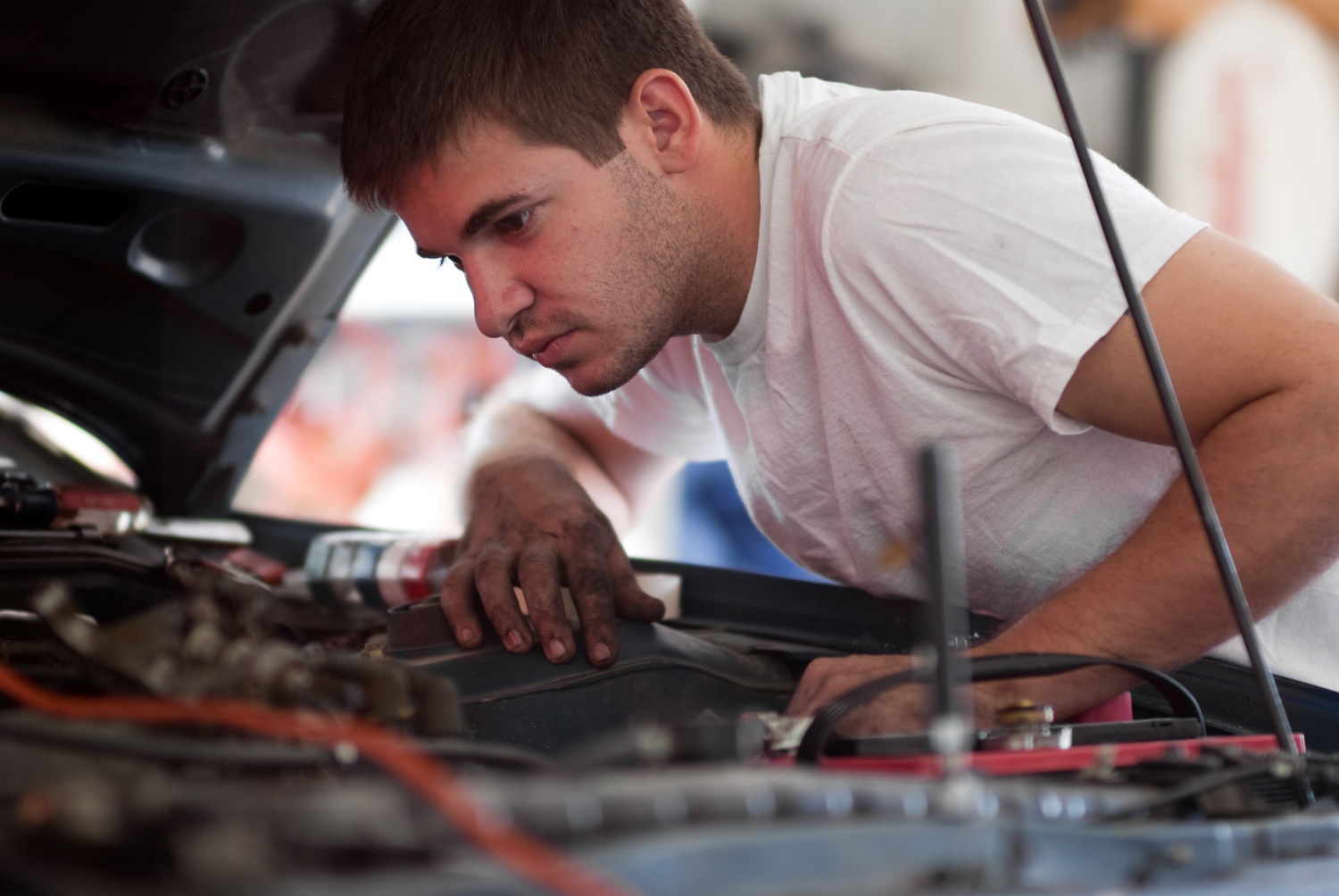Among the many considerations of potential car owners is the fuel consumption of your new vehicle. Thankfully, new cars are becoming more and more efficient and will by rising to 54.5 mpg by 2025, a trend likely continue in the future. To regulate fuel consumption, ratings for vehicles are created by the government for the benefit of the consumer. By law, manufacturers are required to post their vehicles’ fuel economy ratings on the window stickers of most new vehicles, but how do you attain these fuel efficiency numbers when you’re behind the wheel? Here’s a guide to better understand the types of behaviors to avoid to stretch your tank that extra mile.
Vehicle Maintenance
When trying to get the most out of a tank of gas think of the condition of your vehicle. A poorly tuned vehicle is said to perform sub par and not reach the gas mileage we are all looking for. Bring your vehicle in for regular tune ups and oil changes to keep up to speed with your cars wear and tear. During a tune up your mechanic will look over your air filters, spark plugs and will even check your tire pressure. Yes, something as silly as having one tire slightly under or over inflated will cause more friction between the pavement and the rubber, causing you to use more gas than needed.
Not only should you ensure your tires are filled to the manufacturer requirements, but you should also ensure you have the proper tire for the season. Winter tires are made up of a more malleable rubber which creates more friction and force between the rubber and pavement. Also, having your winter tires on in the summer will make them wear much quicker, and uneven wears on your tires will also deplete your fuel consumption.
Idling
Our tip for idling your car is don’t do it! If you are going to park your car for more than 10 seconds, you will conserve more fuel by turning the engine off. A common myth associated with this is that starting and stopping your car uses a lot of gas. Though this may have been true for some older vehicles, cars now are built to consume much less fuel when starting up. This tip isn’t only great for your pocketbook, but also great on your car. Idling your car can be hard on your engine. When idling your car isn’t at it’s prime temperature, leaving some fuel residue behind to leave damage on some engine parts like cylinders, spark plugs and your exhaust system.
Lose the weight
This tip may seem like the obvious, but we still see people who keep their trunks full of junk. By reducing the weight in your car, your engine doesn’t have to try as hard to get you up to speed. The more weight, the more gas is needed to get the acceleration you are used to. Though having a few things in your trunk won’t make a noticeable difference week to week, but after a while the wasted gas starts to add up. So leave the sporting equipment, jugs of washer fluid and second wardrobe in the house and only bring with you what you will need for that trip.
Slow down
Above all else, this tip is the most important one to follow. The faster you accelerate in your car, the more fuel is consumed. Think of it this way, the more you press on the gas pedal, the more gas is distributed to the engine. If you don’t know how to regulate how much gas you give on takeoff, try noticing your RPM’s gauge. This gauge shows you how many rotations per minute your engine is doing. Keeping this as low as possible is the key to better fuel consumption. Also, a lot of newer cars now have some sort of gauge or meter to show your average and instant fuel economy. If you’re looking at this gauge in L/100KM, you want the number to be as low as possible, but if you’re gauging in MPG, you want the number to be as high as possible (the Ford Fiesta gets 5.2L/100KM, or 54 MPG on the highway.)
That’s it folks! Between keeping up with your vehicles maintenance, avoiding unnecessary idling, shedding the extra weight and easing off the gas pedal, you will see a difference in your weekly gas consumption, saving you some green and the environment. Are you ready to live greener?
Ottawa area Car Dealerships and Auto Repair Shops:
[columns ]
[column size=”1/3″]Jim Dickinson Auto Tech
Auto Tuning[/column]
[column size=”1/3″]Address: 2599 Carling Avenue
Ottawa Ontario K2B 7H7
Phone: (613) 721 6244
Email: jim@jimdickinsonautotech.com
[/column]
[column size=”1/3″]View Map[/column]
[/columns]











